On May 14, Israel announced that it had reopened its border crossings with the Gaza Strip after it and the Palestinian Islamic Jihad (PIJ) reached a ceasefire agreement on the same day.
The Israeli Defense Ministry announced the lifting of the blockade at the Kerem Shalom truck crossing and the Erez crossing, the only pedestrian crossing between Gaza and Israel, after six days of closure. In a statement, Ghasan Alyan, head of the IDF's Department for the Coordination of Government Activities in the Territories, said that Israeli-controlled border crossings and maritime zones are being reopened gradually. Alyan said that authorities will reopen all crossings with the Gaza Strip after a full assessment of the situation.
In the early afternoon of May 14, Israel announced that all security restrictions in the country had been lifted. Under the terms of the ceasefire agreement, both sides will stop targeting civilians, destroying homes and immediately stop targeting individuals. Egypt, which is acting as a mediator in the ceasefire, has called on all sides to strictly adhere to the agreement.
Earlier in the day, violence continued in Israel and the Gaza Strip. On the morning of May 13, PIJ continued to launch dozens of rockets into Israeli territory in retaliation for the overnight airstrike. According to IDF statistics, during the days of fighting, PIJ fired more than 1,400 rockets, of which 1,139 crossed the border into Israeli territory. Israel's Magen ambulance service said that since the beginning of the fighting campaign with the Gaza Strip, the agency has recorded two deaths and 22 minor injuries, most of them while seeking shelter.
Meanwhile, the Gaza-based health agency said IDF airstrikes killed 33 Palestinians and injured more than 150.
THANH SON (synthesis)
Source



![[Photo] Top players gather at the 2025 Nhan Dan Newspaper National Table Tennis Championship](https://vphoto.vietnam.vn/thumb/1200x675/vietnam/resource/IMAGE/2025/5/23/9ad5f6f4faf146b08335e5c446edb107)




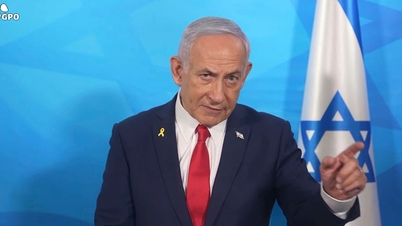

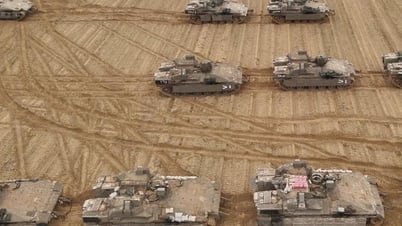
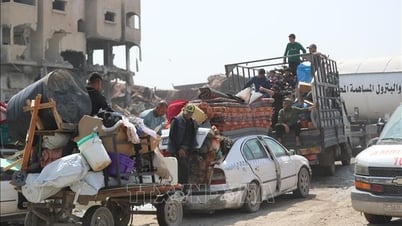

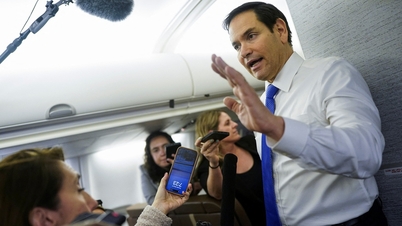






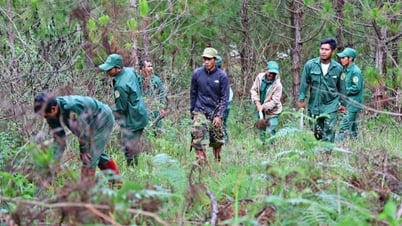









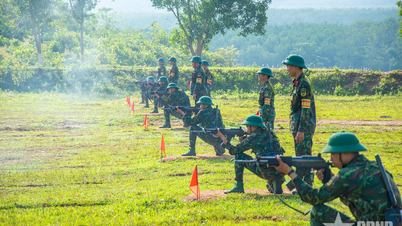







































































Comment (0)